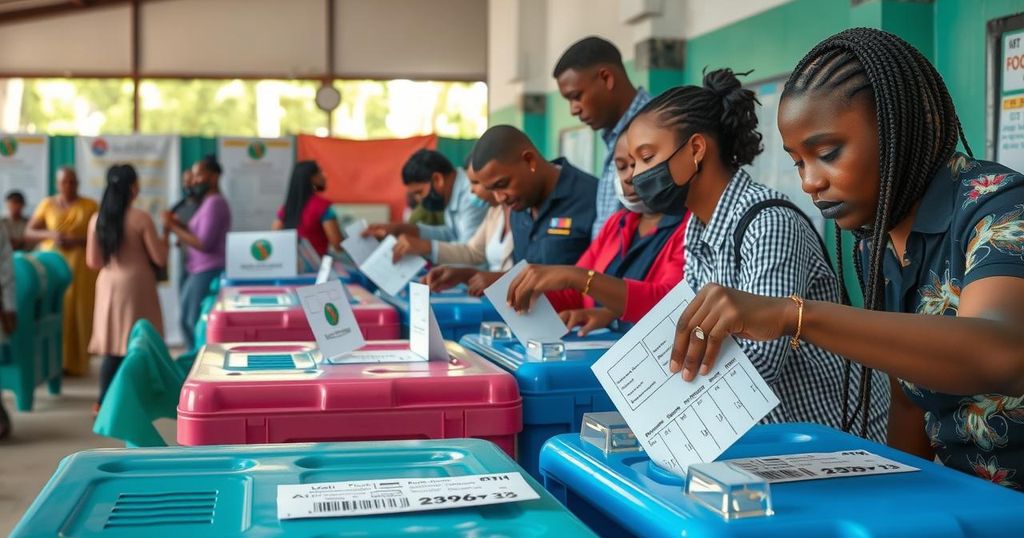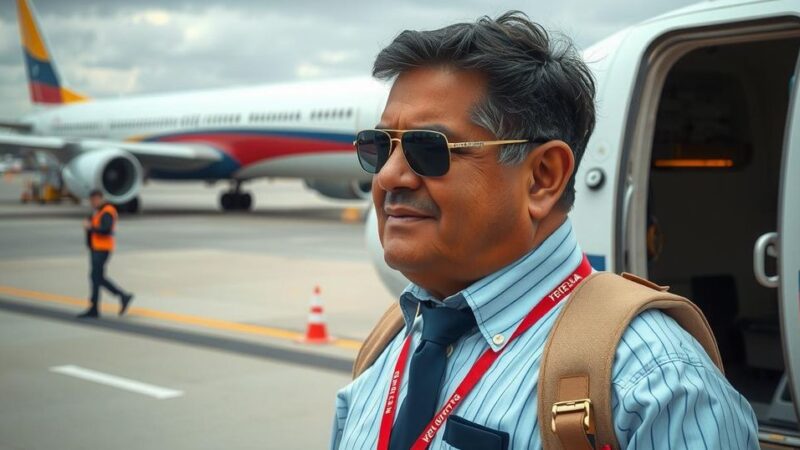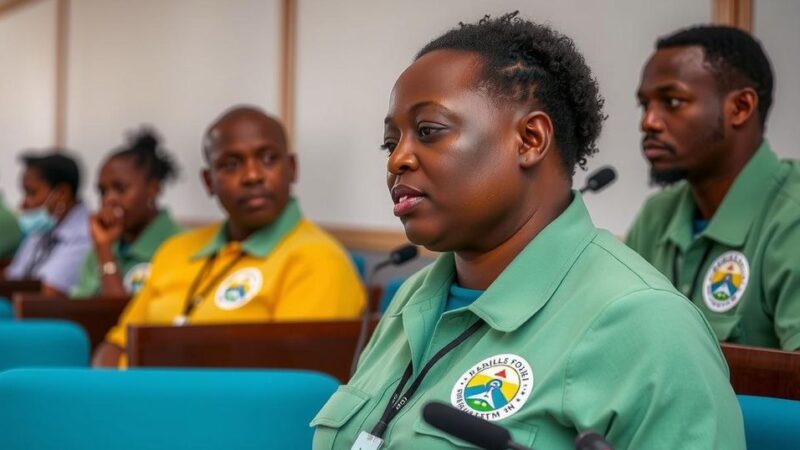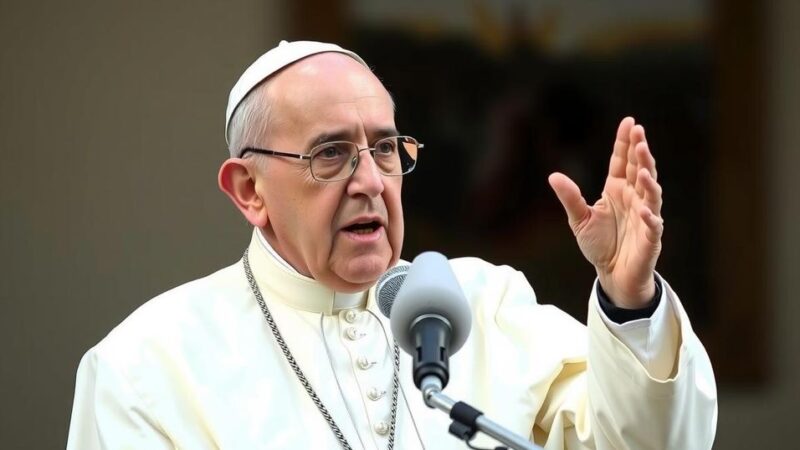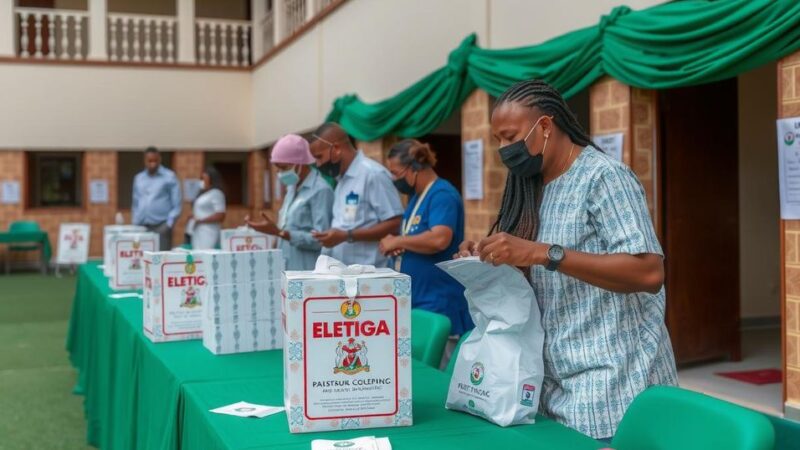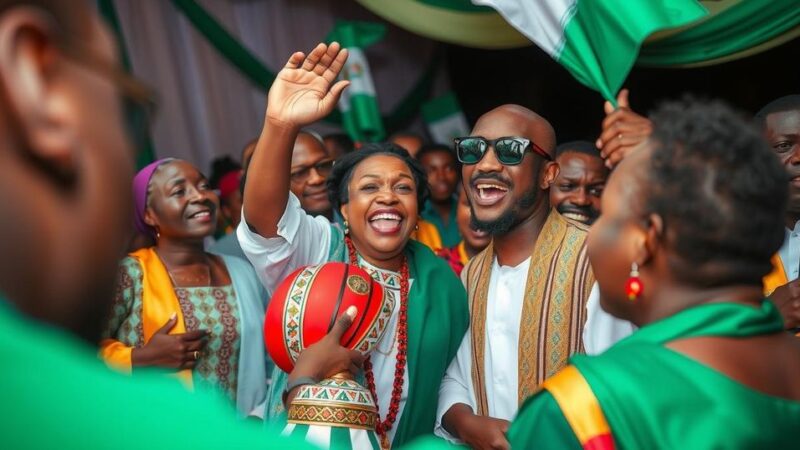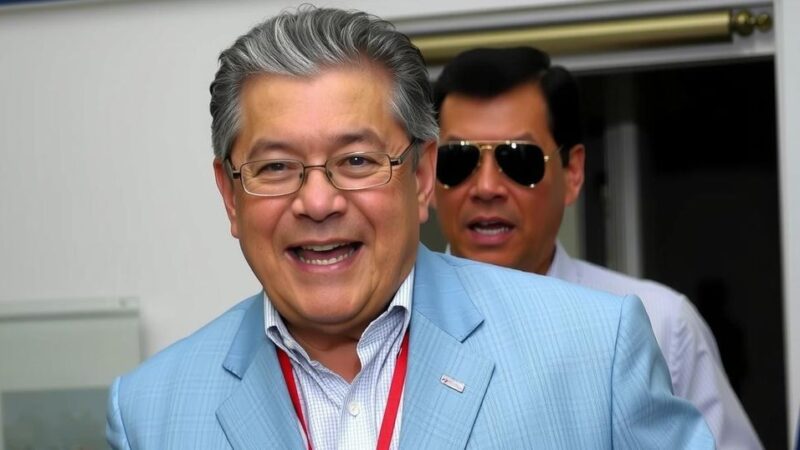Comorian voters are casting ballots for a 33-seat parliament amid allegations of electoral fraud surrounding President Azali Assoumani’s prior re-election. Approximately 338,000 individuals are registered to vote, with nearly 100 candidates participating. Some opposition parties, led by figures who question Assoumani’s authoritarian approach, are boycotting the election while others contest to expose governmental flaws. Results are anticipated by Friday.
Citizens of Comoros are participating in parliamentary elections to fill the 33 seats in their national assembly, following the controversial re-election of President Azali Assoumani last year, which the opposition alleges involved significant electoral fraud. Despite these claims, officials from Assoumani’s ruling party have refuted such allegations. On Sunday, polling stations opened their doors to approximately 338,000 registered voters, marking the first parliamentary elections since January 2020. Almost 100 candidates were sanctioned by the Supreme Court to contest in this critical election.
Opponents of President Assoumani accuse him of displaying authoritarian tendencies and express concerns that he aims to position his eldest son, Nour El-Fath, as his successor upon the conclusion of his current term in 2029. Since gaining power in 1999 through a coup, Assoumani has secured his position through three elections. His son was granted extensive new powers in 2024, assuming responsibility for coordinating various government operations.
The political atmosphere is further complicated by calls from certain opposition parties, including Juwa, led by former President Ahmed Abdallah Sambi, who was sentenced to life imprisonment in 2022, for a boycott of the elections. Nonetheless, some groups, like the Hope of the Comoros party, have chosen to participate, believing that active participation will highlight the regime’s deficiencies. Hamidou Karihila, who is running for the opposition, emphasized, “The Azali regime is weakened … by participating in these elections we are contributing to further exposing the flaws in its system and accelerating its inevitable fall.” The election results are anticipated by Friday.
The Comoros archipelago, located in the Indian Ocean, has experienced a tumultuous political history characterized by coups and political unrest. President Azali Assoumani, who has maintained a firm grip on power since 1999, is currently facing scrutiny from opposition factions accusing his regime of authoritarianism and misconduct during electoral processes. The upcoming parliamentary elections represent an important event to assess the current political landscape, particularly in light of the opposition’s calls for reform and transparency in governance.
The parliamentary elections in Comoros represent a pivotal moment for the nation’s political future, as voters express their sentiment regarding President Assoumani’s prolonged rule and the allegations of corruption that envelop it. While some opposition parties advocate for a boycott, others engage in the electoral process in hopes of revealing the government’s inadequacies. The outcome of this election may significantly influence the dynamics of power in Comoros and its governance for years to come. Results are expected soon, providing a clearer picture of the political will of the Comorian populace.
Original Source: www.thesenior.com.au

